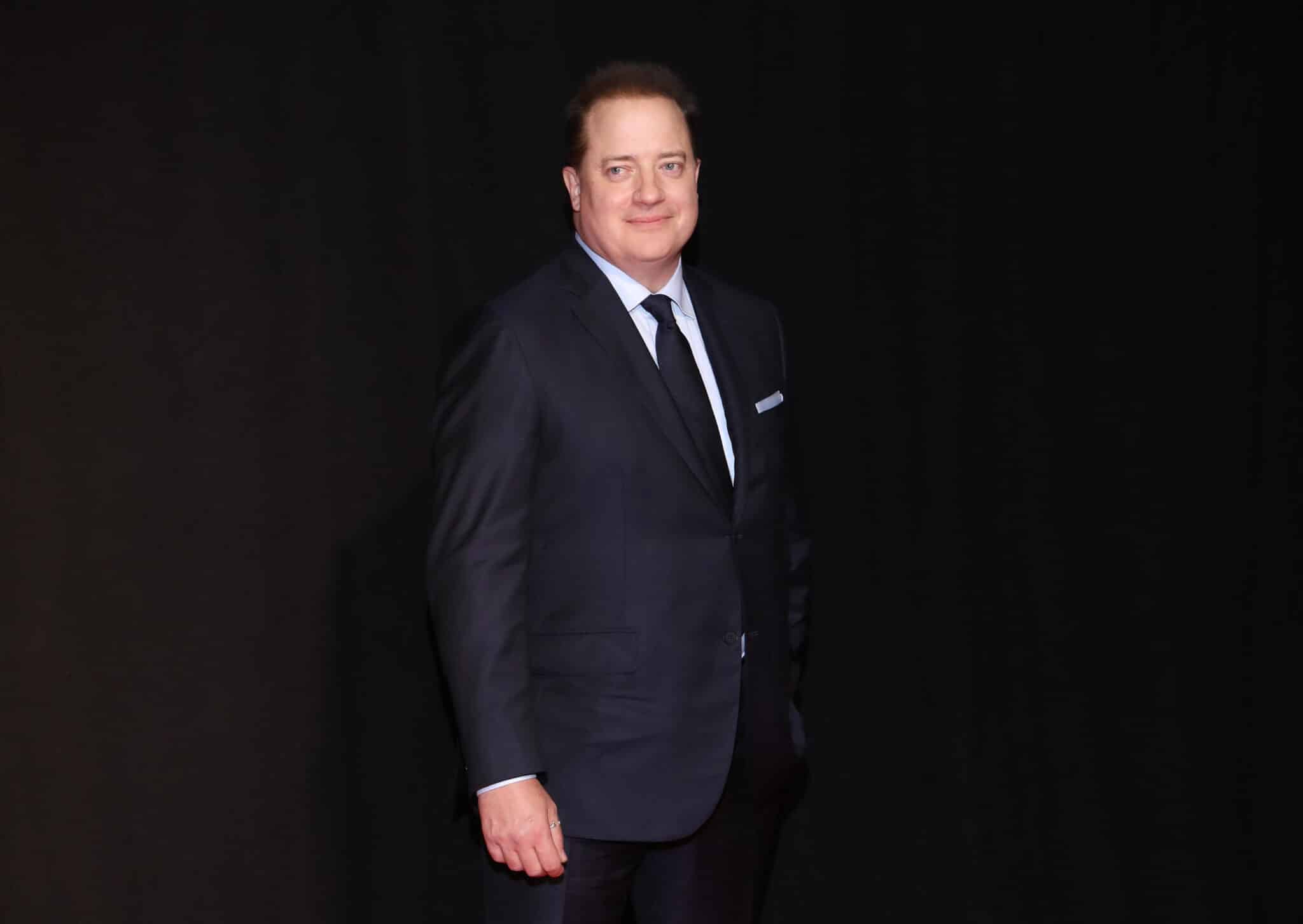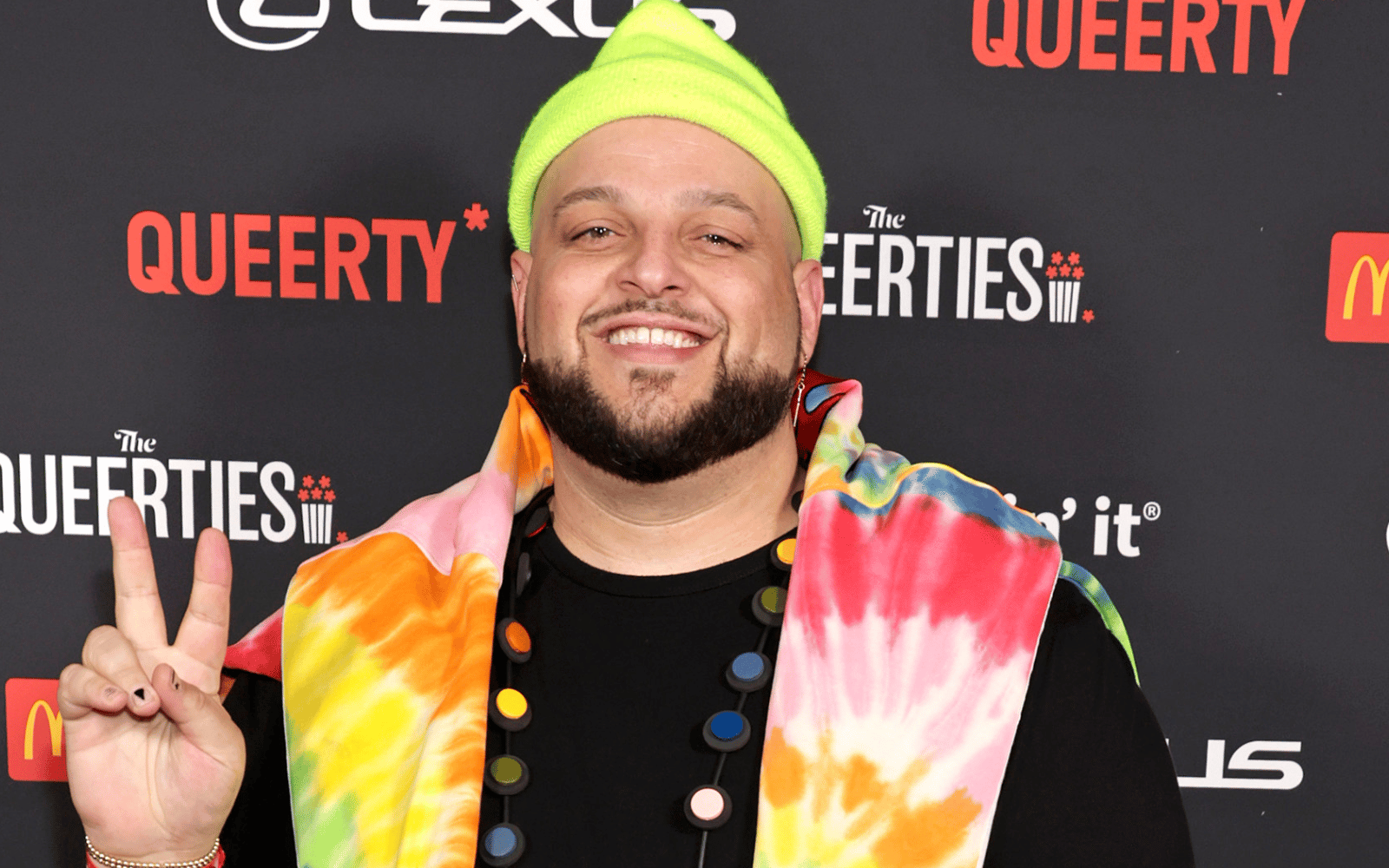Daniel Franzese said he felt ‘conflicted’ over the casting choice for upcoming Darren Aronofsky’s film The Whale. (Getty)
Actor Daniel Franzese isn’t sure how to feel about Brendan Fraser being cast in the upcoming film The Whale.
The Mean Girls star said in an interview with People that, while he thinks Fraser is a “lovely actor”, he doesn’t understand film casting directors didn’t opt to choose a gay actor who fit the character a bit more.
The upcoming Darren Aronofsky A24 project will see Fraser transformed into a 400-pound reclusive gay man desperate to reconnect with his teen daughter.
His character – named Charlie – left his family for a male partner, but seeks to revitalise his relationship with his 17-year-old daughter Elle, played by Sadie Sink, after his partner dies.
Since the film’s casting announcement, many critics have expressed their frustration at the decision, including Franzese, who said that he’s happy for the actor but feels “conflicted”.
“Seeing him get up so modest in Venice [Film Festival] and have that moment, I was very happy for him. He’s a lovely man. And it’s great,” he said. “But why? Why go up there and wear a fat suit to play a 400-pound queer man?”
He added that the choice felt unwarranted, especially considering the difficulty that the LGBTQ+ community and those with larger bodies have when looking for work, especially ones that are so career-impacting as an A24 project.
“To finally have a chance to be in a prestige film that might be award-nominated, where stories about people who look like us are being told? That’s the dream,” he continued.
The often tiring debate as to whether straight actors can play gay roles has since popped back up, with discussions often being dominated by straight people who have little-to-no knowledge of queer history to even correctly name LGBTQ+ figureheads.

Queer critics have claimed that the casting choices – often called “gayface” – not only removes opportunities for LGBTQ+ actors, but can also separate a queer-centric project from the authenticity of those who have lived the experiences mirrored in any given project.
In an interview with Radio Times, director of It’s a Sin Russell T Davies explained that casting straight actors for gay roles is vital if directors want great performances.
“I feel strongly that if I cast someone in a story, I am casting them to act as a lover, or an enemy, or someone on drugs or a criminal or a saint… They are not there to ‘act gay’ because ‘acting gay’ is a bunch of codes for a performance.
“You wouldn’t cast someone able-bodied and put them in a wheelchair, you wouldn’t Black someone up. Authenticity is leading us to joyous places.”
Additionally, Daniel Franzese added: “The biggest problem we have right now in our industry is that people like me and my colleagues can’t really sell movies overseas if we are actually queer because the world is homophobic.”
“Even if America is ready for a gay person in the lead like that, they have a hard time selling the movie overseas, so they get scared.”
Nonetheless, Fraser has told fans that he is taking his The Whale role with the utmost care in an interview with Vanity Fair where he said: “I learned quickly that it takes an incredibly strong person inside that body to be that person,” he said. “That seemed fitting and poetic and practical to me, all at once.”
